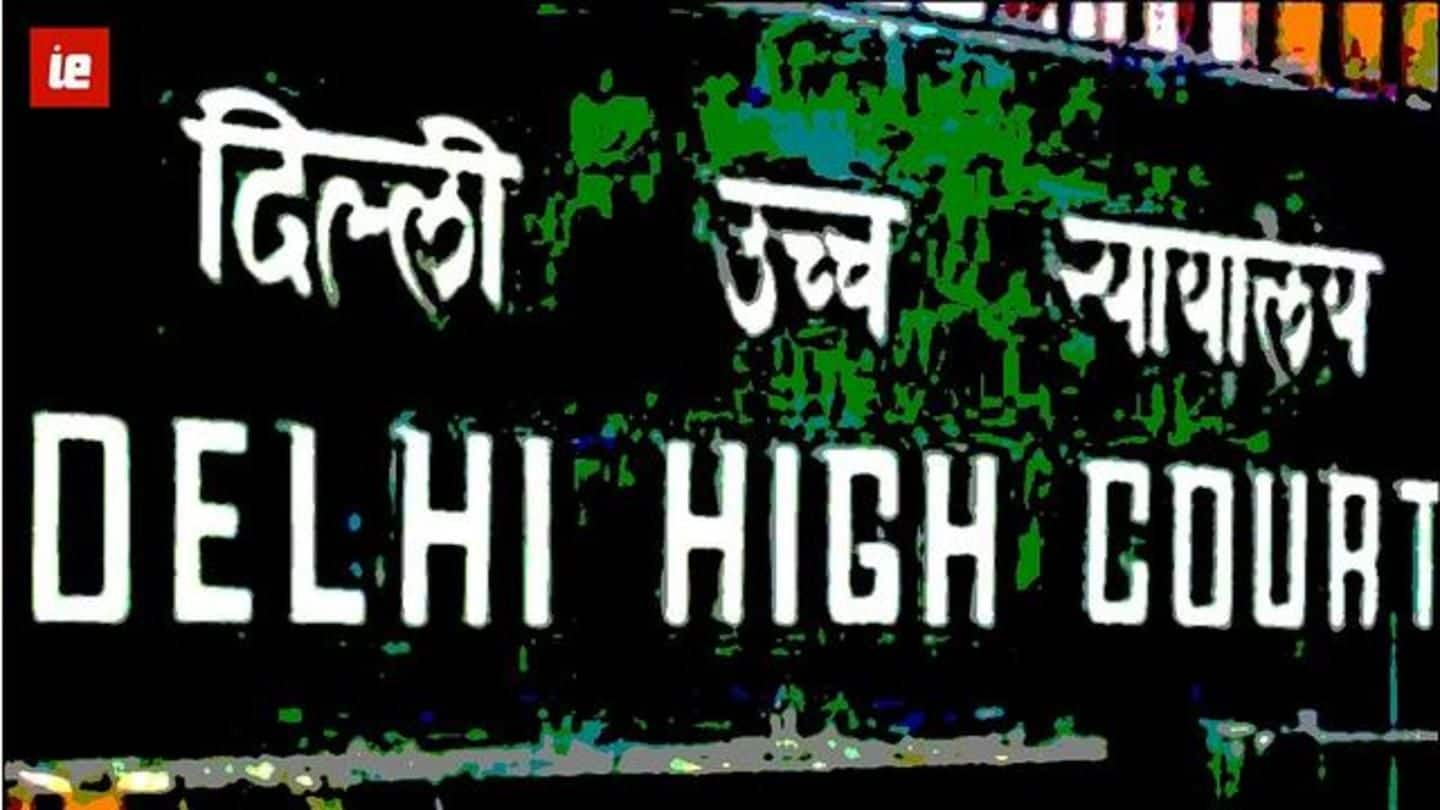
Priyadarshini Mattoo case: Convict asked to submit educational details
What's the story
On Thursday, the Delhi High Court asked Santosh Kumar Singh, who is serving a life term for the rape and murder of Priyadarshini Mattoo in 1996, to file the complete details of his education. The court was hearing Singh's plea seeking parole to write his LLM exams. Incidentally, Singh has been pursuing the two-year LLM programme since 2012. Here are the details.
Details of hearing
Details of Singh's parole hearing
During the parole hearing, his advocate explained that Singh had been pursuing two different LLM courses - he had completed one, and was currently pursuing the other. He added that Singh couldn't be barred from pursuing his education. Clarifying that it wouldn't bar Singh, Delhi HC asked him to file a detailed affidavit about his education, citing specific years and durations.
Opposition
Delhi government counsel opposes Singh's parole plea
During the hearing, the Delhi government standing counsel (criminal) Rahul Mehra opposed Singh's parole plea on several grounds. He alleged that Singh wasn't just going to take his LLM exam, but would also be attending his brother-in-law's wedding in Bihar. Earlier too, Singh had sought parole on the same grounds, and the counsel said that pursuing courses to get parole was becoming a trend.
Rape and murder
Singh had stalked Mattoo for a year before killing her
Third year DU law student Priyadarshini Mattoo was raped and strangled to death by Santosh Kumar Singh in 1996. Singh, the son of the former Inspector General of Police, J&K, was also a law student, and had began harassing and stalking Mattoo around a year back. Understandably, he was the prime suspect. However, Singh was acquitted by the trial court in 1999.
Delhi HC judgement
Delhi HC awarded Singh the death penalty in landmark ruling
In 2000, the CBI challenged the trial court verdict and after six years of inaction, a Delhi HC bench took up the case on a day-to-day hearing basis, and delivered a landmark reversal within 42 days in October 2006. It found Singh guilty of murder and rape, and awarded him a death penalty. In 2010, the Supreme Court reduced the sentence to a life term.